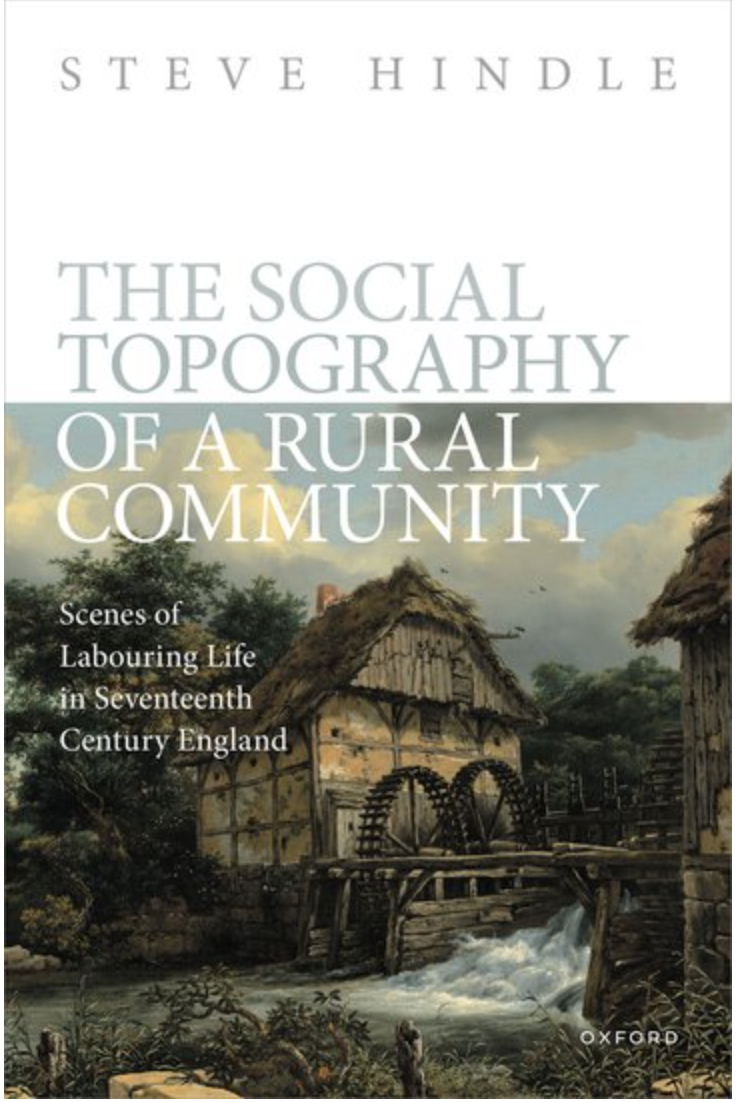
Steve Hindle, the Derek Hirst Professor of Early Modern British History, won the Joan Thirsk Memorial Prize for his book “The Social Topography of a Rural Community: Scenes of Labouring Life in Seventeenth-Century England.” Sponsored by the British Agricultural History Society, the Thirsk Prize is awarded annually for the best book in British or Irish rural or agrarian history. He accepted the prize on April 12.
Hindle’s book is a reconstruction of the 17th-century community of Chilvers Coton in northeastern Warwickshire, England. An occupational census of the village’s inhabitants and a concurrent map of the community made the reconstruction possible, he said. There are about two dozen villages in England where 17th-century occupational data still exists, but this is the only one that includes a contemporaneous map.
“Uniquely, for a 17th-century village, the historian can tell not only what each of the residents did for a living, but also who lived next door to whom,” Hindle said. "That enabled me to reconstruct not just the social and economic structure of the village, but also the spatial distributions of occupations, of wealth, and of landholding.”
The reconstruction efforts were “painstaking,” Hindle said. With such rare and valuable data, he didn't want to get any details wrong.
The result is a snapshot of the village on one day in December 1684. Hindle leads readers through the village, taking them from east to west with a dozen stopping points including the local mill, the vicarage, the alehouse, and the weavers’ and coalminers' cottages. The journey ends at the dairy farms on the western side of the community. In each case, he introduces each household’s residents and reconstructs the material culture of their home.

This “finely grained, richly textured” approach to history is important to Hindle. “I firmly believe that the local is where the action is, historically,” he said. “It’s only where people live in close proximity according to a shared habitual code that we can effectively reconstruct social relations in motion.”
His work on the book also included spending lots of time in the village itself. “It’s poignant to stand in the churchyard there, where all of the protagonists of my stories are buried,” he said. “I’ve effectively become a spokesman for an entire generation of people who have been dead for 350 years, which is a tremendous responsibility.”
Hindle said he was thrilled to be recognized for his work, which was 17 years in the making. This particular prize — named for the eminent historian Joan Thirsk who published extensively over 40 years on a wide range of issues pertaining to the history of the English countryside — is especially significant. “To win a prize with Joan’s name on it is a wonderful thing,” Hindle said. “She was full of energy, generosity, and inspiration for the next generation of scholars like myself.”


